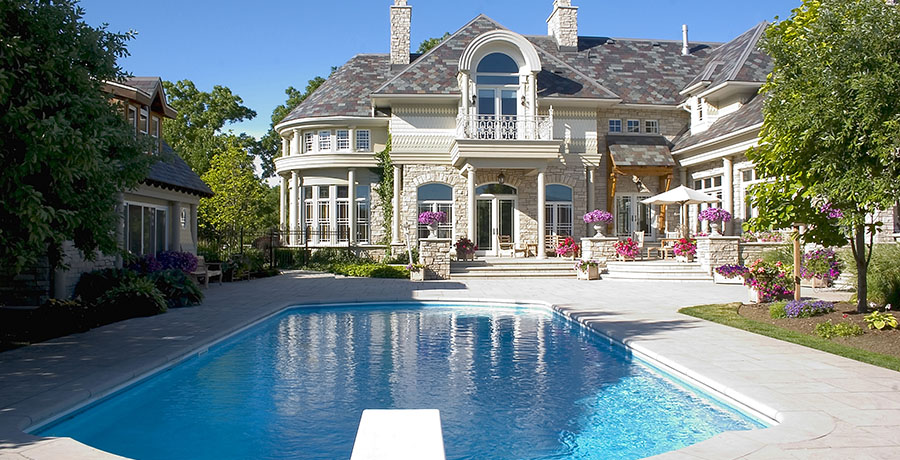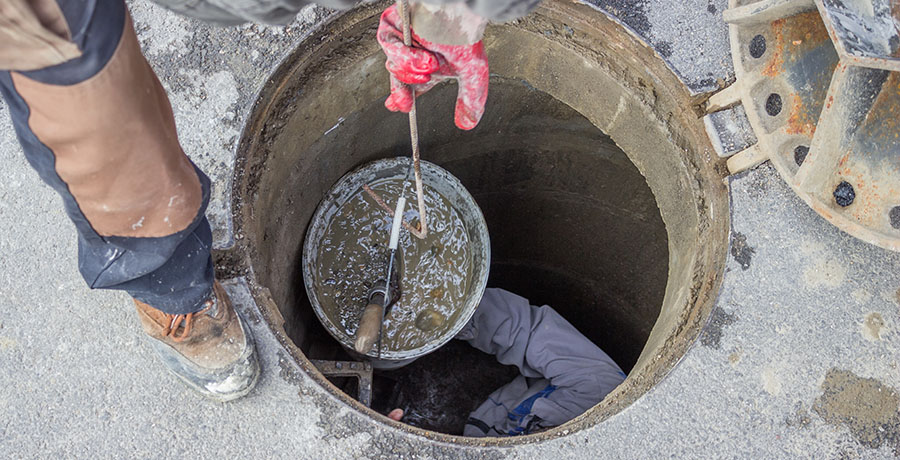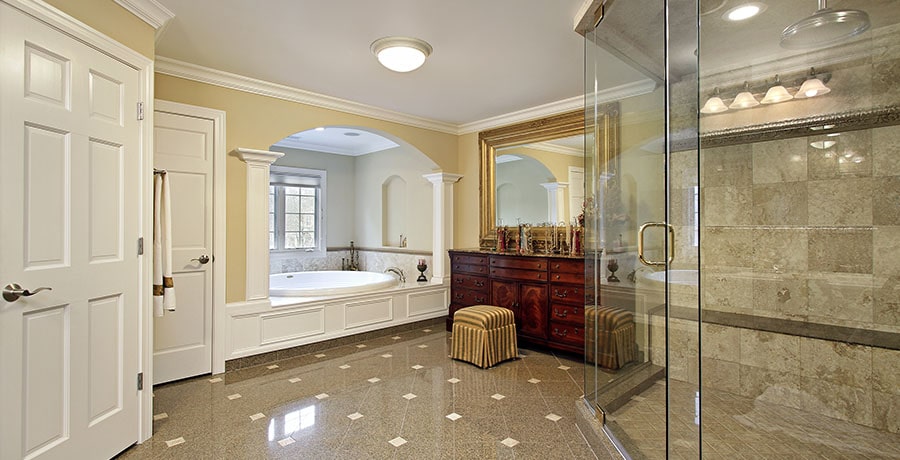
When it comes to building an in-ground pool, there are several things to keep in mind. In addition to the cost, location, and in ground pool builders, the type of material you opt for is the most important. In most cases, homeowners often remain confused between concrete and gunite pools. Let’s discuss the difference between the two along with the advantages and disadvantages to help you go with the right option.
What Is Concrete?
Before we dive deeper into discussing the difference between concrete and gunite, it is important that we try to find out what each one actually is and how they are made. To begin with, concrete is a versatile material that is used to build walls, columns, pools, etc.
It is made using cement, sand, water, and usually gravel or stone. However, when it comes to using concrete for building pools, you can choose between a wet-mixing process or a dry-mix process. The wet-mix process is mostly called “shotcrete”. The reason is that everything is mixed and transported to your house via truck.
Meanwhile, the dry-mix process is when the gunite comes into use. It is essentially water-free unless the installer wants to add some in it. Technically, it is also concrete.
Advantages Of Using Concrete
What are the benefits of concrete pools? Concrete is suitable for all climates and is pre-mixed. You do not have to worry about finding or mixing the right ratio of materials. Plus, it is also long-lasting and takes relatively less time to install.
Disadvantages Of Using Concrete
While there are some advantages to using concrete for your in-ground pool, there are some disadvantages as well. Concrete is labor-intensive and cracks can form when the mixture is added to water. Additionally, concrete is also relatively more expensive than gunite.
What Is Gunite?
As mentioned previously, gunite belongs to the same concrete family but comes with slight differences. Gunite is sprayed concrete in dry mixed form. As compared to concrete, which contains both small and large particles in its mix, gunite contains fine particles.
To use gunite, builders use and load a pre-mixed dry material in the delivery vehicle. Then, using a nozzle, compressed air is sent through to mix with water. Upon mixing with water, it is sprayed with extreme strength to help compact the material.
Moreover, unlike concrete which is laid like regular cement, gunite utilizes a rebar framework, which is sprayed with a mixture of sand and concrete. As a result, gunite turns out to be flexible enough to be used in different shapes.
Advantages Of Using Gunite
Gunite is preferred by homeowners mostly due to the fact that it is prepared on-site and offers the homeowners endless options. Additionally, gunite is less expensive than concrete and is compatible with fiberglass, tiles, and many other plastic finishes.
Disadvantages Of Using Gunite
Apart from the advantages of using gunite, it is important to keep in mind the disadvantages as well. Gunite pools require a highly skilled team as even a single wrong move can make your pool sink. Furthermore, it is extremely time-consuming and is uncomfortable and abrasive at the bottom. And when it comes to maintenance, gunite pools have a porous surface that promotes algae growth.
Should I Opt For A Gunite Or Concrete Pool?
Generally, the decision to use a particular type of material for building a pool rests on the builder. The homeowner might have their preferences but only a build can give the final call based on several important factors.
If you have the budget and plan to build a swimming pool that will last for decades, you should opt for concrete. However, if you are slightly short on cash, you can go for gunite. However, it is important to consider their cons as well.
While concrete is comparatively expensive than gunite, gunite requires a highly skilled team and is time-consuming. Therefore, you will need to define your needs and preferences. And the contractor will make the final call after inspecting the size and location of the pool.
Final Word
Concluding, we are sure to have shared everything you need to know about gunite and concrete pools. If you are still confused, do not hesitate to consult a pool contractor. Building a pool is an exciting experience but you need to make sure that both your money and time are spent the right way. Lagrass



